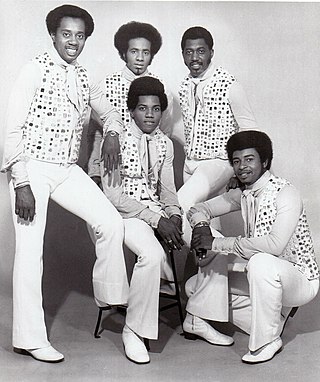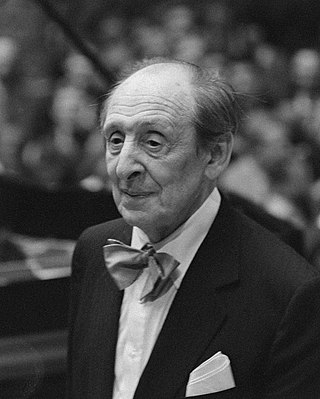The 20th Annual Grammy Awards were held February 23, 1978, and were broadcast live on American television. They were hosted by John Denver and recognized accomplishments by musicians from the year 1977.
The Grammy Award for Best Male Pop Vocal Performance was a Grammy Award recognizing superior vocal performance by a male in the pop category, the first of which was presented in 1959. It was discontinued after the 2011 Grammy season. The award went to the artist. Singles or tracks only are eligible.
The Grammy Award for Best Female Pop Vocal Performance was a Grammy Award recognizing superior vocal performance by a female in the pop category, the first of which was presented in 1959. It was discontinued after the 2011 Grammy season. The award went to the artist. Singles or tracks only are eligible.
The Grammy Award for Best Male R&B Vocal Performance was awarded between 1968 and 2011. The award has had several minor name changes:
The Grammy Award for Best R&B Performance by a Duo or Group with Vocal was awarded between 1970 and 2011. From 1967 to 1969 and in 1971 the award included instrumental performances. The award had several minor name changes:
The 11th Annual Grammy Awards were held on March 12, 1969. They recognized accomplishments of musicians for the year 1968.
The Grammy Award for Best Chamber Music Performance was awarded from 1959 to 2011. The award was discontinued in 2012 in a major overhaul of Grammy categories; since 2012, recordings in this category have fallen under the Best Small Ensemble Performance category. The award has had several minor name changes:
The Grammy Award for Best Country Performance by a Duo or Group with Vocal was awarded from 1970 to 2011. The award has had several minor name changes:
The Grammy Award for Best Gospel/Contemporary Christian Music Performance is an award presented at the Grammy Awards, a ceremony that was established in 1958 and originally called the Gramophone Awards. According to the 54th Grammy Awards description guide it is designed for solo, duo/groups or collaborative gospel or Contemporary Christian music (CCM) and its subgenres' recordings and is limited to singles or tracks only.
The Grammy Award for Best Pop Instrumental Performance was awarded between 1969 and 2011.
The Grammy Award for Best Jazz Instrumental Album is an award that was first presented in 1959.
The Grammy Award for Best Performance by a Vocal Group was awarded from 1961 to 1968. In its first year, the award specified that a "vocal group" contains two to six artists. This award was presented alongside the award for Best Performance by a Chorus. Before 1961 these awards were combined into the Grammy Award for Best Performance by a Vocal Group or Chorus.
The Grammy Award for Best Performance by a Chorus was awarded from 1961 to 1968. In its first year, the award specified that a "chorus" contains seven or more artists. This award was presented alongside the award for Best Performance by a Vocal Group. Before 1961 these awards were combined into the Grammy Award for Best Performance by a Vocal Group or Chorus.
The Grammy Awards in the Best Contemporary (R&R) Performance categories were awarded in 1966, 1967 and 1968. They appeared in different guises at the Grammys, aimed at male and female soloists and duos/groups. The Recording Academy used these categories to distinguish contemporary or rock 'n' roll recordings from traditional pop recordings, which had their own Best Pop Vocal Performance categories for male and female soloists and for duos or groups.
The Grammy Award for Best Contemporary Performance by a Chorus was awarded in 1969 and in 1970. In some years, the Grammy Award for Best Pop Performance by a Duo or Group with Vocal also included performances by a chorus.

Norman Jesse Whitfield was an American songwriter and producer, who worked with Berry Gordy's Motown labels during the 1960s. He has been credited as one of the creators of the Motown Sound and of the late-1960s subgenre of psychedelic soul.

"Up, Up and Away" is a 1967 song written by Jimmy Webb and recorded by US soul-pop act the 5th Dimension with backing from members of The Wrecking Crew. Their original version reached no. 7 on Billboard's Hot 100 in July 1967 and no. 9 on its Easy Listening chart, and number one in both Canada and Australia. In 1999, Webb's song placed 43 on BMI's "Top 100 Songs of the Century".

The Grammy Award forBest Instrumental Soloist Performance (without orchestra) was awarded from 1959 to 2011. From 1967 to 1971, and in 1987, the award was combined with the award for Best Instrumental Soloist(s) Performance (with orchestra) and awarded as the Grammy Award for Best Classical Performance – Instrumental Soloist or Soloists (with or without orchestra).


